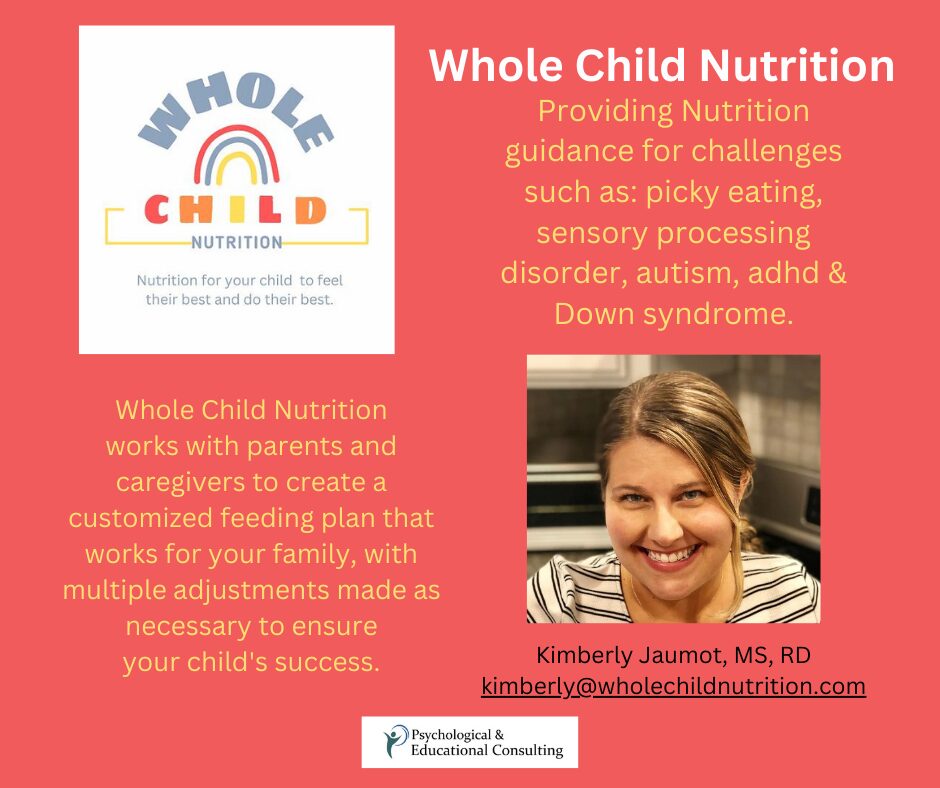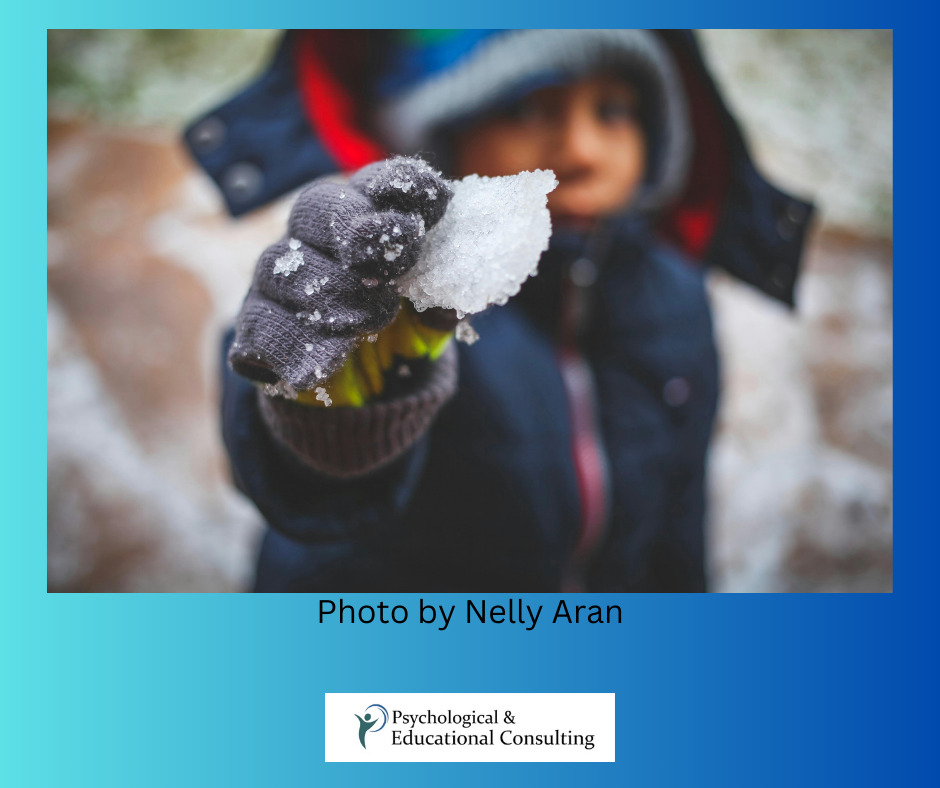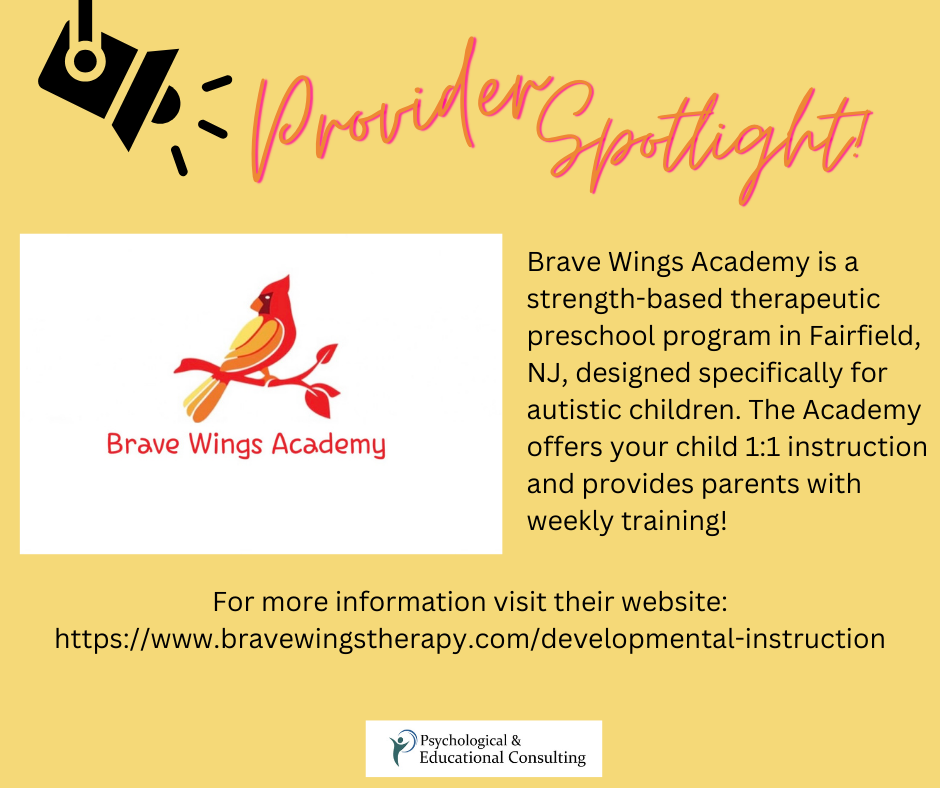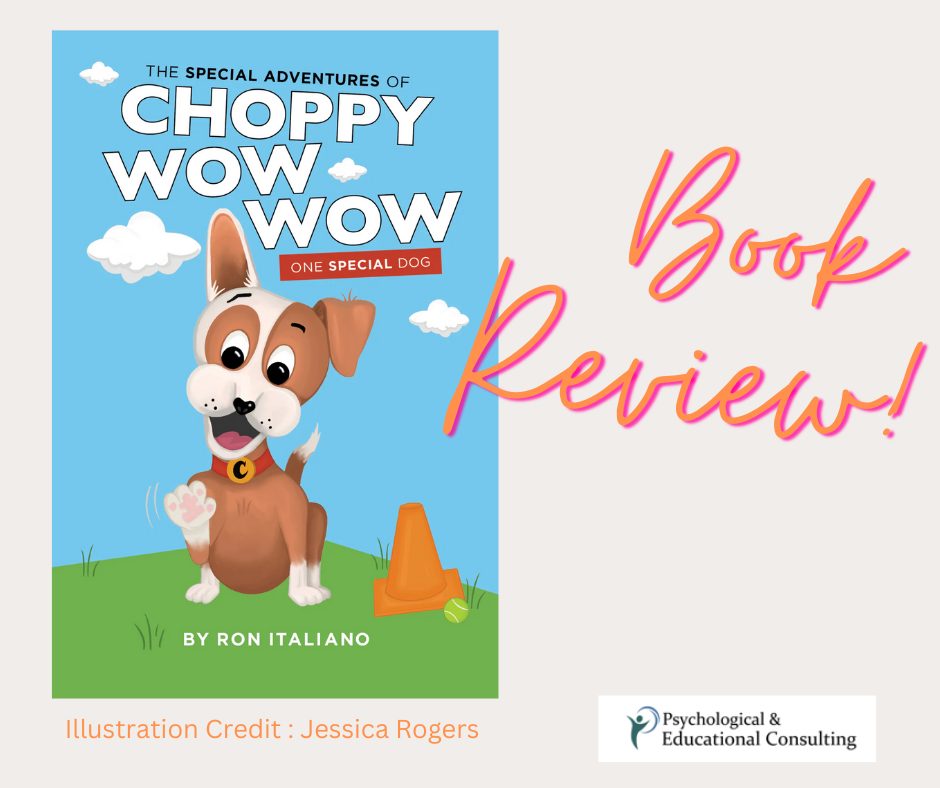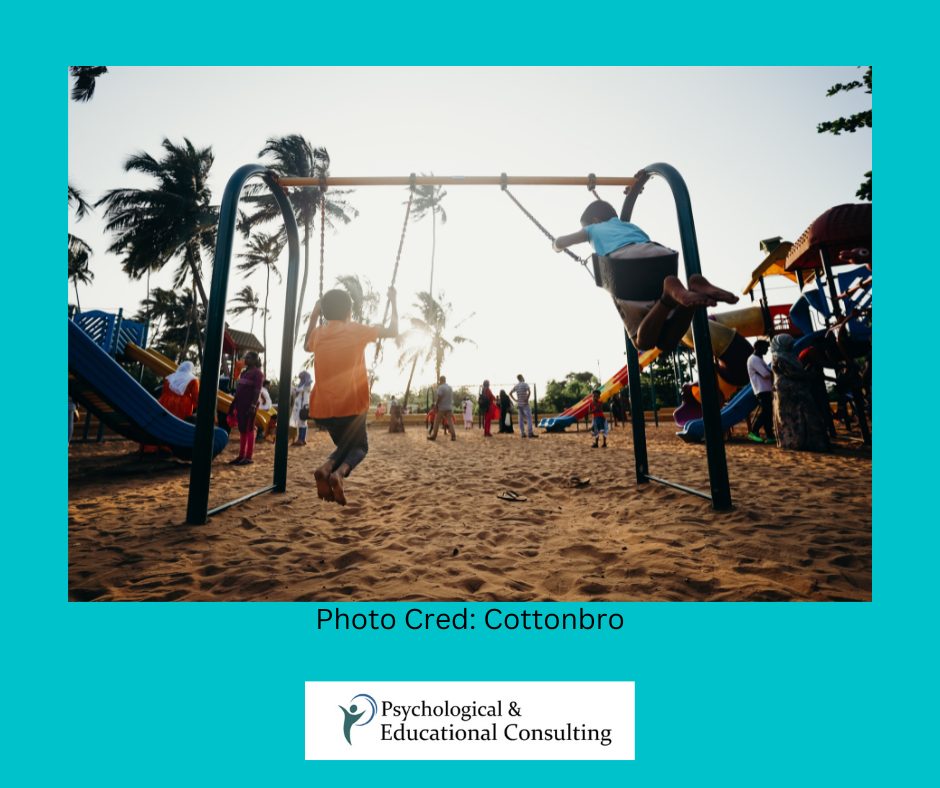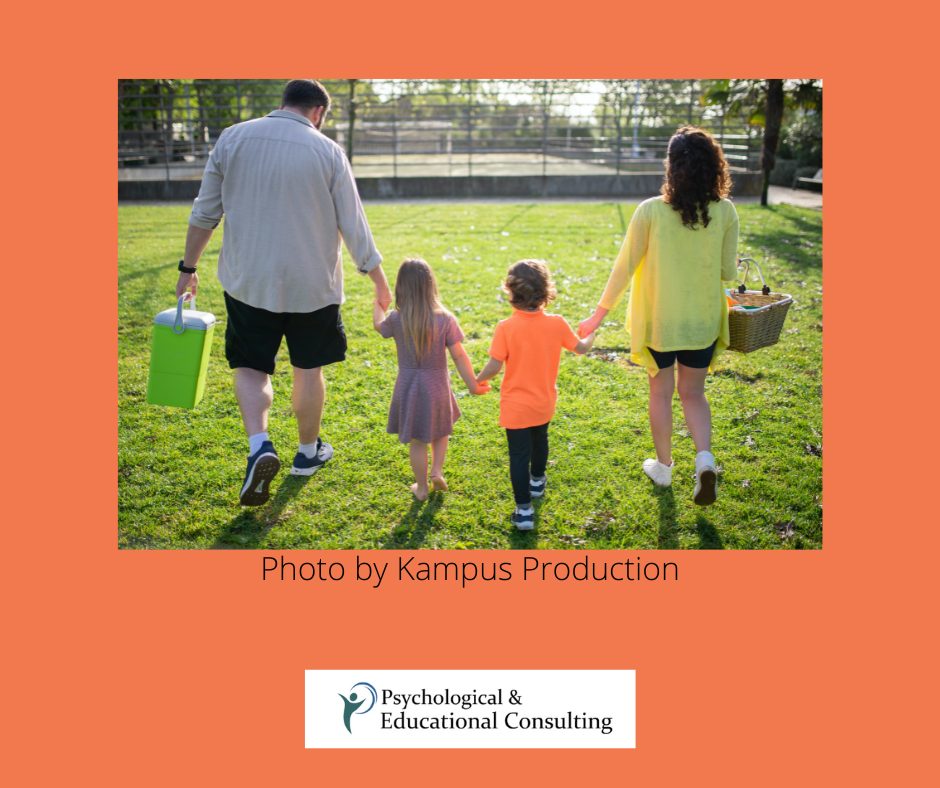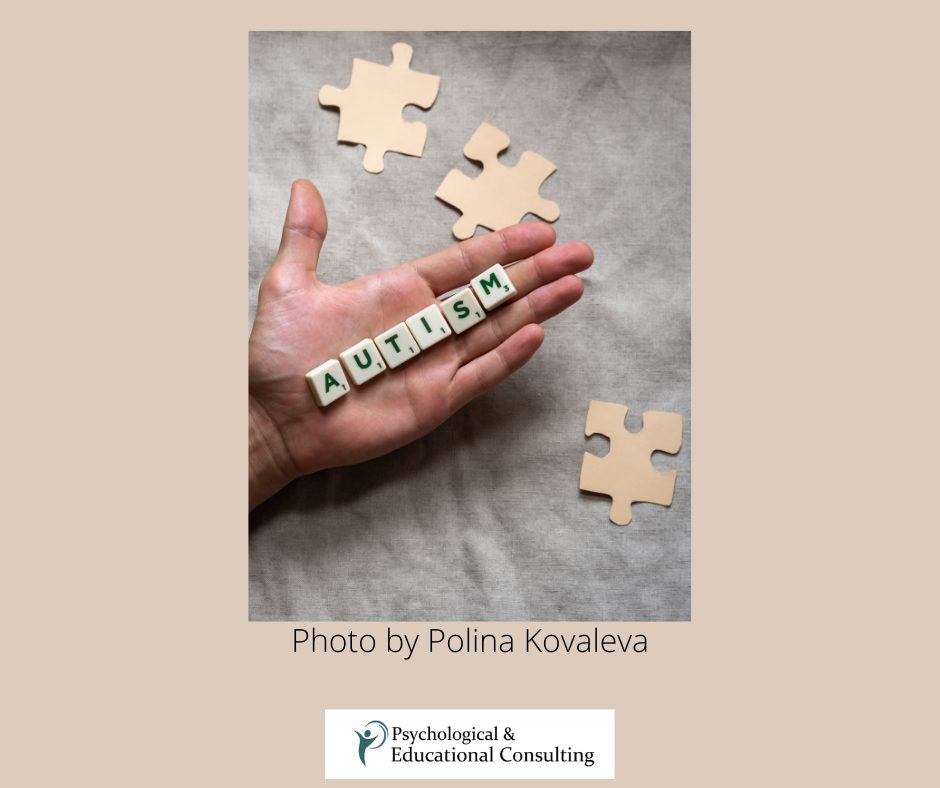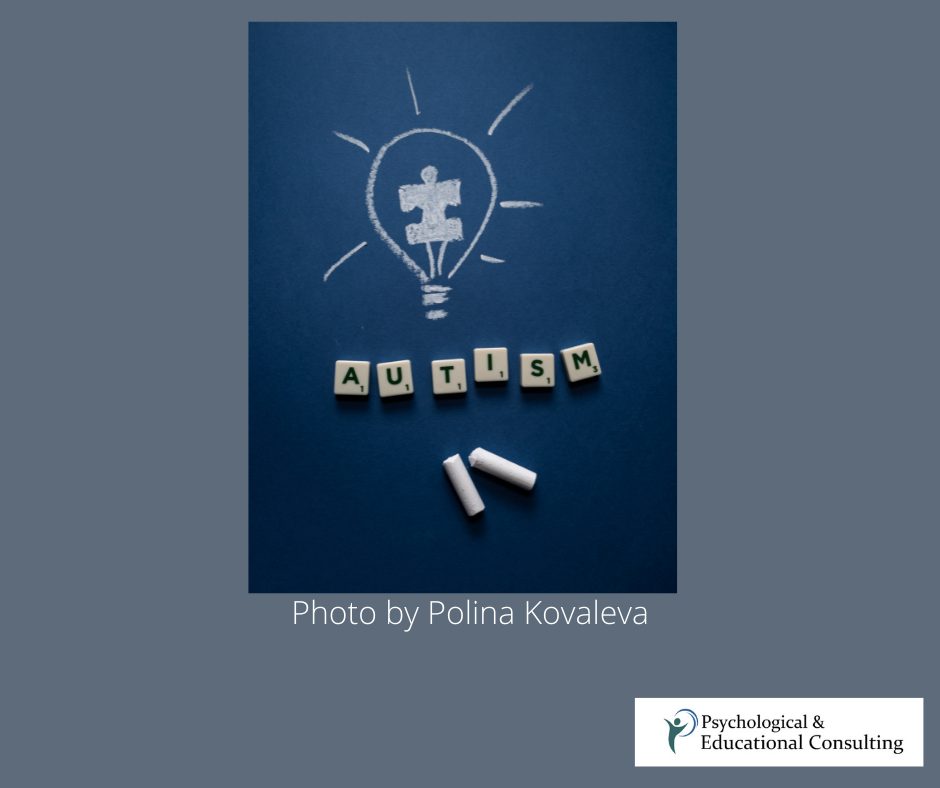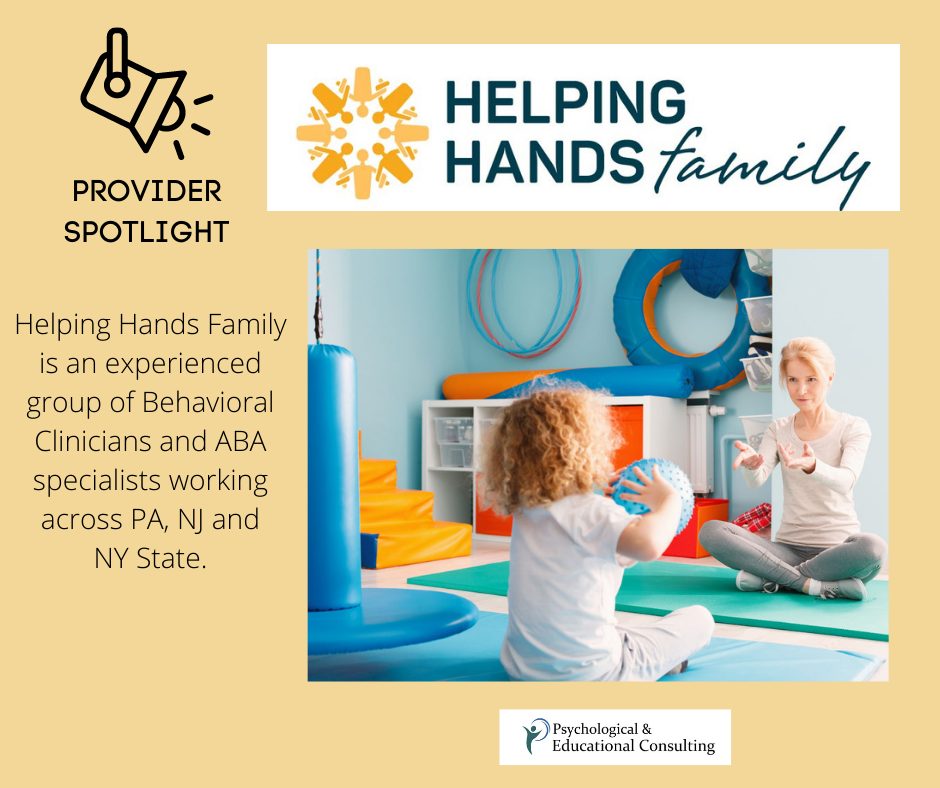Empathy in every detail: How Sensory-Friendly Home Spaces Enhance Emotional Well-Being in Autism
Empathy in home design transcends aesthetics and functionality, embodying a thoughtful approach to nurturing well-being and tranquility. It implies crafting spaces that resonate with the intricate nuances of an individual’s sensory preferences, creating an environment where comfort meets necessity. This sentiment is particularly essential in formulating sensory-friendly havens that cater to individuals with Autism Spectrum Disorder (ASD).
ASD, characterized by varying degrees of sensory sensitivities, affects 1 in 36 children, according to the latest study by the Centers for Disease Control and Prevention. Therefore, developing empathetic home spaces isn’t merely an architectural endeavor but a profound act of understanding and accommodating the sensory intricacies that individuals with autism navigate daily. This person-centered approach ensures their living spaces are not just a shelter, but a therapeutic sanctuary that nurtures emotional well-being through every carefully considered detail.
Understanding Sensory Sensitivities in Autism
The Sensory Spectrum in Autism
Navigating the world with autism often involves traversing a unique sensory spectrum, which can encapsulate two contrasting experiences:
- Hypersensitivity: A heightened state of sensory reception, where individuals may find themselves overwhelmed by loud noises or uncomfortable with certain textures. This heightened sensitivity can sometimes transform a bustling environment into a whirlpool of discomfort.
- Hyposensitivity: A diminished sensory response that may manifest as a craving for stronger stimuli. It could be an increased tolerance or even desire for experiences involving pressure, vibration, or other tactile sensations. In this case, finding peace might mean seeking out these intense sensory interactions that others might find too extreme.
Emotional Impacts of Sensory Overstimulation
For those with Autism Spectrum Disorder (ASD), sensory overstimulation can be more than just a fleeting discomfort. It often acts as a precursor to heightened stress, anxiety, and in some cases, full-blown meltdowns. A sudden blast of music or a flash of bright light might not just be a minor nuisance, but a profound emotional trigger.
Studies, like that published in the National Library of Medicine have shown a direct correlation between sensory overwhelm and compromised mental well-being in ASD individuals. This isn’t merely about external disturbances; it’s about the internal tumult that arises from a barrage of sensory input, impacting emotional equilibrium and daily functionality.
The Cornerstones of Sensory-Friendly Home Design
The Role of Colors and Visuals
Colors and visuals wield a remarkable influence in shaping perceptions and evoking emotions. From the serene embrace of pastels to the bold statements of vibrant shades, their role is profound and pervasive.
- Color Psychology in Detail: The hues and patterns surrounding individuals with autism can profoundly influence their mental state. Gentle tones like blues and greens can act as calming agents, nurturing tranquility amidst neurological whirlwinds. Conversely, bright reds or erratic patterns might amplify stress, igniting sensory overload. Thus, a carefully curated visual environment can be a vital tool for fostering emotional equilibrium in those with autism.
- Spatial Arrangements: Open spaces can evoke freedom, while cozy nooks offer security and solace. Creating a harmony between a clutter-free zone and a personalized environment not only facilitates comfort but also significantly enhances emotional well-being, nurturing both independence and tranquility.
Lighting and Its Nuances
Lighting holds nuanced significance in autism, influencing mood and comfort levels. Adapting brightness and hue can forge a supportive, serene space, alleviating sensory sensitivities and promoting integral welfare.
- Natural vs. Artificial Light: The therapeutic embrace of natural sunlight can act as a serene anchor, promoting harmony and stability. On the flip side, the flickering and buzz of fluorescent lighting might stir irritation or discomfort. Hence, carefully selecting lighting sources can be a cornerstone in creating a nurturing and soothing environment for individuals with autism.
- Tailored Lighting Solutions: Customizable elements such as dimmers and colored lights offer a personalized touch, allowing for an environment that resonates with tranquility. Moreover, soft ambient lighting serves as a gentle caress to the senses, ushering in a calming and harmonious atmosphere that nurtures both mind and spirit.
Acoustics and Sound Management
Mastering acoustics is key in autism care, shaping serene environments. Strategic sound management, incorporating both innovative materials and nature’s buffers, cultivates a tranquil space that nurtures emotional stability and peace.
- Buffering External Noises: Utilizing soundproofing materials and sound-absorbing elements enhances tranquility, providing a haven from auditory overstimulation. Incorporating natural sound barriers like trees or outdoor fountains not only dampens unwanted noises but also introduces soothing auditory textures, promoting emotional health in both indoor and outdoor environments.
- Incorporating Beneficial Sounds: Acoustic engineering goes beyond muting; it’s about curating therapeutic soundscapes, especially for autism. Research indicates that soothing elements like white noise or nature sounds can significantly alleviate stress. Tailoring soundscapes to individual preferences, thereby, not only fosters a calming ambiance but also empowers them with a sense of control and comfort in their surroundings.
Tactile Experience and Furnishings
Thoughtfully selected furnishings offer sensory comfort, supporting individuals with varied touch sensitivities, and nurturing a harmonious environment of solace.
- Material Selection: Opting for tactile-friendly fabrics like soft cotton and plush textures extends a gentle invitation to comfort. On the contrary, steering clear of rough wool and certain synthetics prevents sensory discomfort. Material selection thus becomes a guiding compass, steering mental well-being through every touch.
- Furniture Designs: Embracing rounded edges over sharp corners not only enhances safety but also fosters a sense of ease. Prioritizing stability and predictability with robust, grounded furniture pieces offers comfort and a reliable environment, vital for nurturing emotional well-being in individuals on the autism spectrum.
Evaluating the Transformative Effects of Sensory-friendly Design
Emotional and Psychological Well-being
- Stress Reduction: Minimized sensory-triggered meltdowns translate to improved emotional well-being. A 2021 study highlights how tailored environments lead to enhanced sleep quality and overall relaxation. By curating spaces that cater to sensory needs, a tangible reduction in stress-related challenges is achieved, fostering a peaceful living experience.
- Boosted Social Interaction: Creating comfortable environments serves as a catalyst for improved interactions. A positive feedback loop is established, wherein enhanced social interactions not only enrich experiences but also contribute to the cultivation of more frequent and meaningful social connections.
Fostering Independence and Skill Growth
- Self-regulation Techniques: Exploring the realm of fostering independence and skill growth in autism unravels the power of self-regulation techniques. Individuals learn to tailor environments to align with their sensory needs, fostering autonomy. Embracing tools and technology aids in refining sensory processing, enabling them to navigate the world with increased confidence and competence.
- Skill and Confidence Building: In the context of emotional state in autism, skill and confidence building emerge as essential pillars. Mastering one’s personal space fosters a heightened sense of self-worth and agency. By promoting the exploration of novel activities and embracing challenges, individuals are encouraged to step beyond their comfort zones, cultivating resilience and a robust foundation of self-assuredness.
Physical Health Benefits
- Improved Sleep Patterns: Crafting optimal sensory environments plays a pivotal role in facilitating restful sleep. The interconnectedness is evident: enhanced sleep ripples positively, bolstering overall health and consequently, contributing to the elevation of emotional balance in individuals on the autism spectrum.
Enriched Learning Environments
- Optimal Sensory Stimulation for Learning: Within the framework of emotional well-being in autism, the concept of enriched learning environments takes center stage. Striking the delicate equilibrium between sensory inputs that foster concentration and those that potentially distract is crucial. Strategies such as using ambient noise machines to enhance focus and incorporating tactile tools for kinesthetic learners underscore the intricate art of providing optimal sensory stimulation for effective learning experiences.
- Holistic Development: The canvas of emotional condition in autism is painted with the strokes of enriched learning environments. These spaces serve as catalysts for holistic development, nurturing cognitive, motor, and social skills. A sensory-friendly reading nook, for instance, becomes a vibrant hub where language acquisition flourishes, illustrating how tailored spaces empower individuals to embark on a comprehensive journey of growth.
Enhanced Family Dynamics and Relationships
- Shared Understanding and Bonding: A sensory-friendly home acts as an arena where siblings and parents alike glean insights into sensory sensitivities and needs. This ripple effect extends beyond, nurturing empathy, patience, and forging profound familial bonds, amplifying the enriching journey of growth for all members involved.
- Positive Feedback Loop: Creating a comfortable environment initiates a positive feedback loop: alleviating stress within the family, fostering more positive interactions, and nurturing robust, enduring bonds. This symbiotic relationship between well-being and relationships reinforces the delicate balance that harmonizes within the familial ecosystem.
The Bottomline
Advocating for empathetic design across all spaces is crucial to enhance emotional well-being in autism. This commitment goes beyond homes, extending to public and private environments, fostering inclusivity and addressing diverse sensory needs. A collective effort towards creating such spaces not only improves the lives of individuals with autism but also contributes to more compassionate and harmonious societies.
Looking forward, the evolution of sensory-friendly design is marked by technological advancements and innovations. From smart sensors to adaptive environments, these developments hold great promise in tailoring spaces to individual sensitivities. Yet, awareness and education remain essential to drive lasting change. By nurturing understanding and empathy, we can build a future where sensory-friendly environments are the norm, ushering in a world that champions the well-being of everyone.

